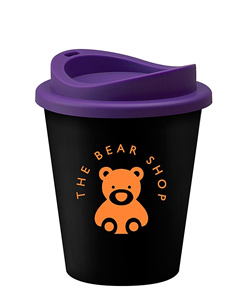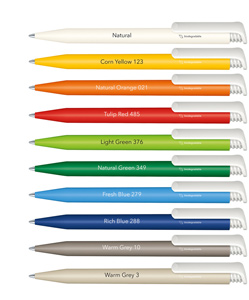 |
||
| Summary: Consumers are becoming more and more conscious of the ethical implications of their buying choices – how should businesses react?
‘Conscious’ or ‘ethical’ consumerism is a concept that has grown in significance in recent times and looks set to become more important in the years to come. If you want to build relevant, rewarding relationships with your customers, it’s important to be aware of this trend and what it could mean for your organisation in the future. What is conscious consumerism? Over the course of the 21st century so far, it has become increasingly common for consumers to take an ethical, responsible approach to their lives. This has extended to purchasing decisions, with more and more people paying attention to how the products they buy are related to wider issues such as climate change, environmental sustainability, human rights and animal rights. Conscious consumers are more likely to: * Buy only ‘Fairtrade’ products * Wear second-hand clothing * Use toiletries that contain only natural and organic ingredients * Boycott businesses they consider to be unethical In July 2017, TNS research released by the Fairtrade Foundation revealed that more than three-quarters (77 per cent) of people in the UK said they cared about Fairtrade. A similar proportion (78 per cent) trusted the label, while one in four (25 per cent) were actively choosing Fairtrade products in stores. More recent research has backed up these findings. Soil Association Certification’s Organic Market Report, published in February 2019, showed the UK’s market for organic products is now worth £2.33 billion, following sales growth of 5.3 per cent last year. This rate of expansion is well ahead of that seen in the non-organic market. Clare McDermott, business development director at Soil Association Certification, the UK’s largest organic certification body, said organic is “in the right place to capitalise on many of the consumer trends we’re currently seeing across retail”. She added: “We know that more shoppers are looking to purchase sustainable products to reduce their impact on the planet, and this has combined with an increasing value being placed on transparency and traceability in the food system, more local and online shopping, and increasing interest in healthy options – where organic is often seen as a signpost to healthy choice.” The benefits of transparency Your business could have a lot to gain from recognising the importance of conscious consumerism and placing an emphasis on transparency, not only in your external, consumer-facing practices, but internally as well. This is an area where many companies have room for improvement, particularly when it comes to engaging with younger audiences such as millennials (those born between the early 1980s and mid-90s) and generation Z (those born since the mid-90s). The Deloitte Millennial Survey 2018 found that less than half (48 per cent) of this generation feel business behave ethically, down from 65 per cent in 2017. The proportion of respondents agreeing that business leaders are committed to improving society saw a similar decline, from 62 per cent to 47 per cent. Deloitte global CEO Punit Renjen said: “The results of this year’s survey indicate that the rapid social, technological and geopolitical changes of the past year have had an impact on millennials’ and gen Z’s views of business, and it should be a wake-up call to leaders everywhere.” The study provided some encouraging signs for companies, with three-quarters of millennials saying multinational corporations have the potential to help modern society overcome its biggest economic, environmental and social challenges. More than four out of ten respondents (44 per cent) said business leaders are having a positive impact on the world, compared to only 19 per cent who said the same about politicians. Brands that embrace transparency and actively demonstrate (rather than just claiming to have) ethical practices can lay the foundations for strong customer relationships based on trust and brand loyalty. Furthermore, making transparency a priority within the organisation makes a big contribution to the employee experience. Sharing as much information as possible about your company, its current strategies, policies and goals will make employees feel more involved in what the business is doing and more committed to its mission.
Further Reading Find out how important business ethics are to employees according to our latest survey.
Sources How to shop ethically. Ethical Consumer. CAN ETHICS TRANSFORM CONSUMERISM? TRENDS IN SUSTAINABLE SHOPPING. Fairtrade. Rise of the conscious consumer drives sales as UK organic market hits £2.33 billion after seventh year of growth. Soil Association. 10 Things Transparency Can Do For Your Company. Forbes. The Deloitte Millennial Survey 2018. Deloitte. |
||
 |
||
 100% Cotton Promotional Shopper 400576 |
 Universal Vending Cup Mix & Match 703036 |
 Senator® Super Hit Bio Pen 303051 |
 |
 |
 |


